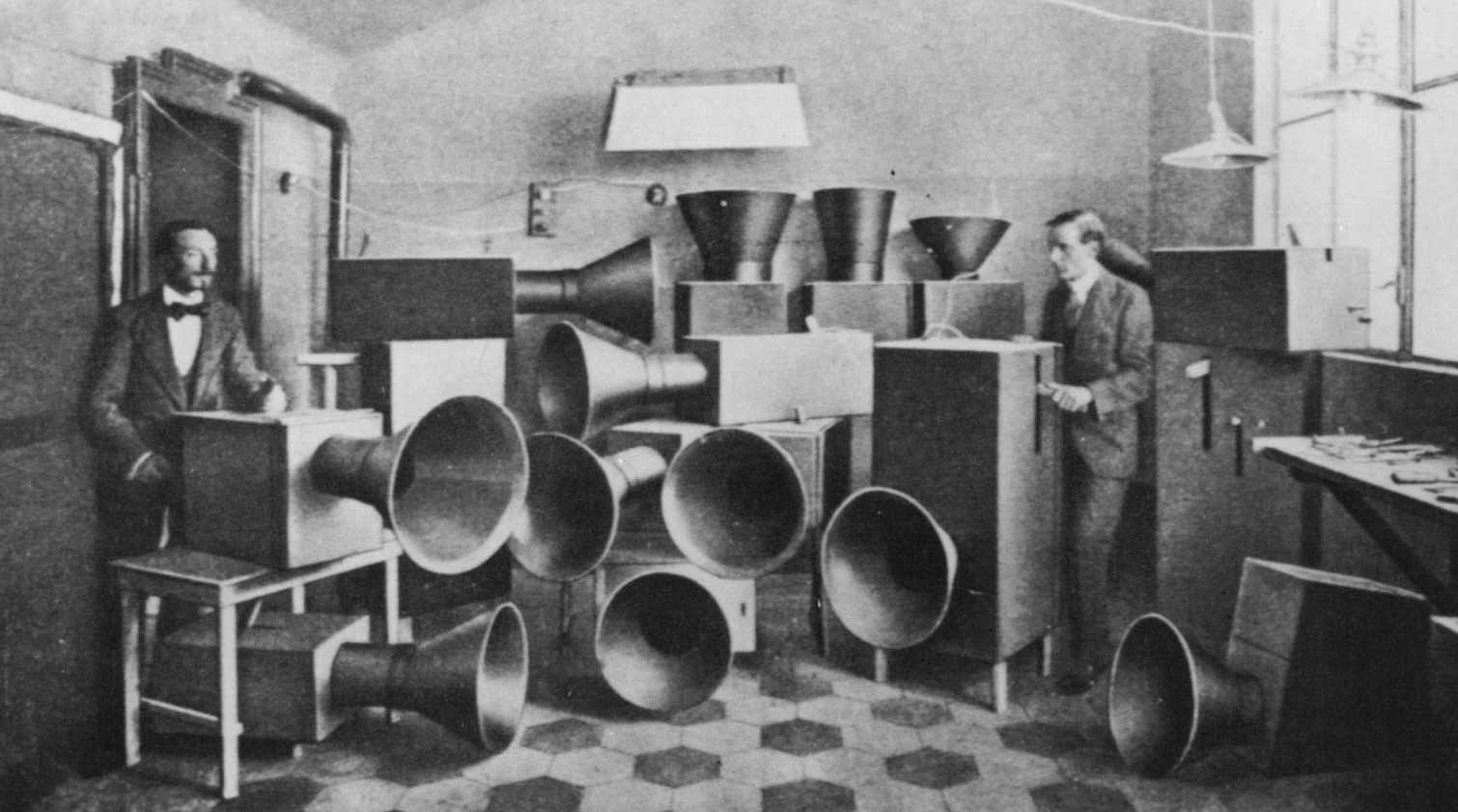Community, Leadership, Experimentation, Diversity, & Education
Pittsburgh Arts, Regional Theatre, New Work, Producing, Copyright, Labor Unions,
New Products, Coping Skills, J-O-Bs...
Theatre industry news, University & School of Drama Announcements, plus occasional course support for
Carnegie Mellon School of Drama Faculty, Staff, Students, and Alumni.
CMU School of Drama
Tuesday, April 13, 2021
The Basics of Sound Design (+ Essential Software)
Pro Audio Files: The notion of sound design as we know it has evolved over the last several decades to include musical, gaming, theatrical as well as cinematic applications. Dan Dugan, of the American Conservatory Theater (ACT) in San Francisco, was the first person to be called a sound designer.
Subscribe to:
Post Comments (Atom)

4 comments:
This is actually a pretty cool article that I've bookmarked to read through more thoroughly later. Whenever you're getting into a new craft, there are always parts that seem insurmountably hard to understand, or even get a crack at what that means. For me, software is often a big hurdle to learning about a new area, and sound is no exception. You have to get over that first leap of "where do I possibly start with this" which can seem really scary, and it can also lead to a lot of imposter syndrome when you don't know different software packs or lingo associated with programs. Also, thank god I finally figured out what ADSR meant, because that's another thing that sound people will just throw around and expect people to know. There's a lot of gatekeeping in nearly every corner of every creative industry, and it's great that there are articles like these to help demystify some of it.
I am actually very glad that I read this. I was assigned to do the sound design for the upcoming project and was hoping to find some relevant information. This was fitting to my needs more than I expected it to be. I always knew that sound designers do more than just choosing the background music for each scene, and I loved how the article explained the aspects that are supposed to be considered in detail. Besides my needs, the content was genuinely interesting as well. I liked the part how they said even the sounds that are perceived as realistic to the listeners are refined in a very hyperrealistic ways (such as gunshots). I am also glad that the article constantly mentioned the names of frequently used programs and techniques, from the basic level to the professional ones, so that the reader could try some out based on what they were interested in.
To be perfectly honest, I haven’t been too clear WHAT sound design really entailed until I got to CMU. I still am not too clear about it, but I’ve been learning. The sheer amount of technical knowledge involved in sound design surprised me deeply. (The fact that it’s more “technical” knowledge than lighting was the biggest kicker for me. I did not expect that.) But surprisingly enough, for knowing nothing, I’m actually working on sound and doing sound design for Imaginarium. I work best being thrown into a project rather than learning in the standard classroom way, so I’ve actually been discovering a lot about sound design through this project that I’m currently working on. While it is very technical knowledge, there still is a lot of design involved. And surprisingly enough, I’ve been enjoying the sound design process!
This article is so interesting and helpful!!!! I can say that in high school I had /no CLUE/ what I was doing and literally just messed around on my computer until I thought it sounded good. That’s also how I went about composing for the first (and only) time, and it must have worked since I got into CMU? As much fun as that was, I’m so glad there are resources out there for kids like me who are interested in sound design but don’t really have anyone to turn to. Sound design, along with VMD, are still the most niche areas of design and it’s hard to find people who can actually help you. I know I really would have appreciated articles like this when I was starting out. When I tried to incorporate microphones into my soundscape it got quite a bit more complicated, and I’m not sure how much written material would have been applicable to my situation since I didn’t have the knowledge to understand it, but laying down the groundwork for basic sound design theory is especially helpful even now, given that I haven’t done much sound work between high school and today.
Post a Comment